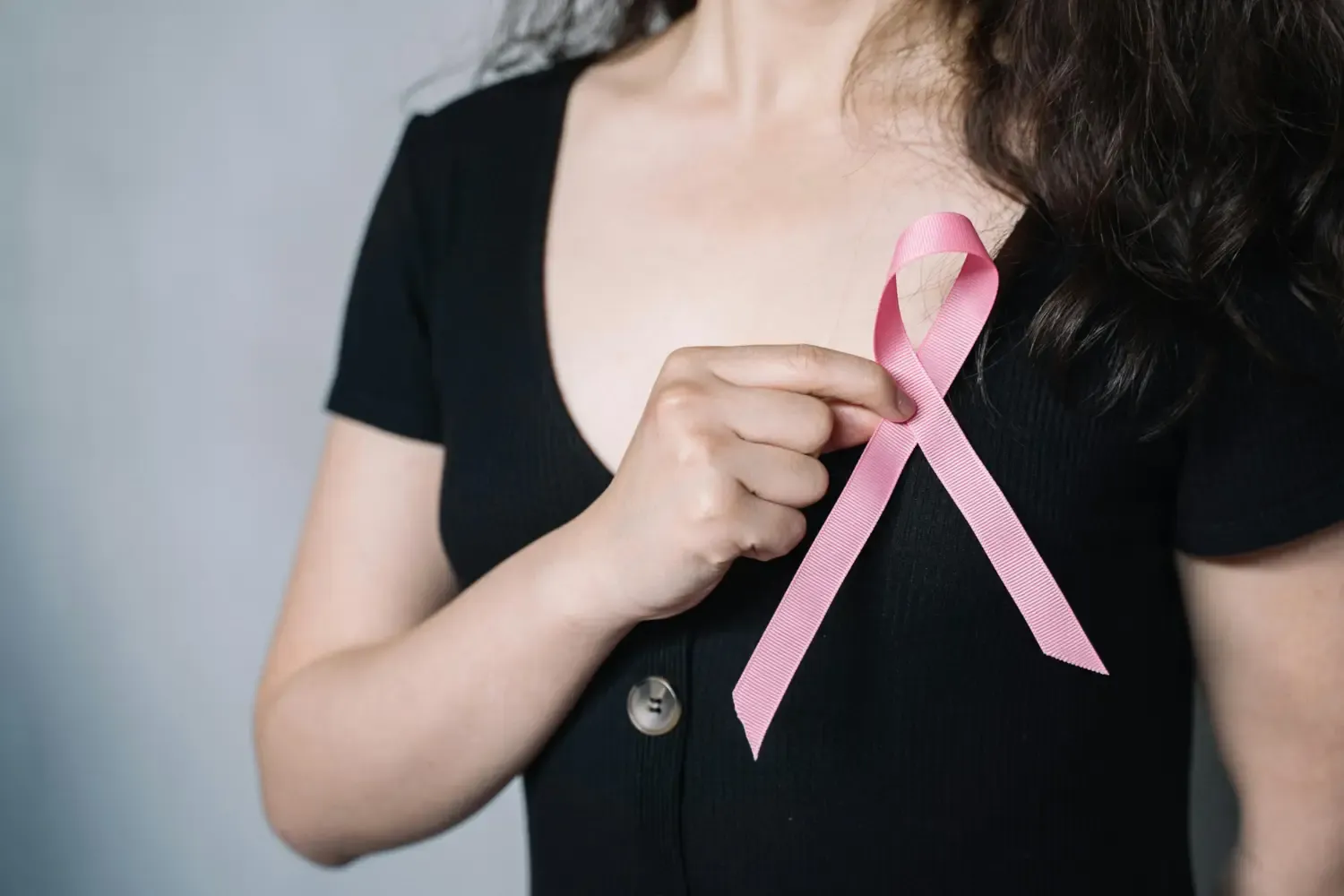Improved survival for breast cancer patients with dose-dense chemotherapy

Dose-dense adjuvant chemotherapy can improve survival for patients with high-risk breast cancer, according to researchers at Karolinska Institutet and others. The international PANTHER study, which included over 2000 patients where 97% had metastasis to the lymph nodes in the armpit, compared two different chemotherapy regimens and found that the dose-intensive treatment reduced the risk of recurrence and spread of the disease. The results are presented in the Journal of Clinical Oncology.
Adjuvant chemotherapy is a type of treatment given after primary treatment, usually surgery, to reduce the risk of cancer recurrence. By administering chemotherapy after surgery, the growth of metastases can be delayed or prevented, which can improve the patient’s chances of survival.
Chemotherapy every two weeks (dose-dense treatment) after surgery for high-risk breast cancer has been shown to be more effective than the same treatment every three weeks. However, previously published studies used paclitaxel every three weeks as a control treatment. This type of treatment is no longer considered appropriate, and therefore the researchers wanted to compare dose-dense treatment with the current optimal treatment.

"Our study shows for the first time that dose-dense chemotherapy leads to better survival compared to optimal chemotherapy with anthracycline and docetaxel every three weeks,” says Alexios Matikas, Associate Professor at the Department of Oncology-Pathology and the study’s first author.
The PANTHER study showed that patients who received dose-intensive treatment had a 20% lower risk of recurrence compared to the current optimal treatment. The dose-intensive treatment also improved disease-free survival by 22%. Despite improvements in recurrence risk and disease-free survival, the difference in overall survival was not statistically significant.
The study, led by Professor Jonas Bergh and Associate Professor Theodoros Foukakis, also at the Department of Oncology-Pathology, emphasizes the importance of continuing to explore and optimize treatment strategies to improve the prognosis for breast cancer patients.
Publication
Tailored Dose-Dense Versus Standard Adjuvant Chemotherapy for High-Risk Early Breast Cancer: End-of-Study Results of the Randomized PANTHER Trial.
Matikas A, Möbus V, Greil R, Andersson A, Steger GG, Untch M, Fornander T, Malmström P, Schmatloch S, Johansson H, Hellström M, Brandberg Y, Gnant M, Loibl S, Foukakis T, Bergh J,
J Clin Oncol 2024 Jul;():JCO2400178
